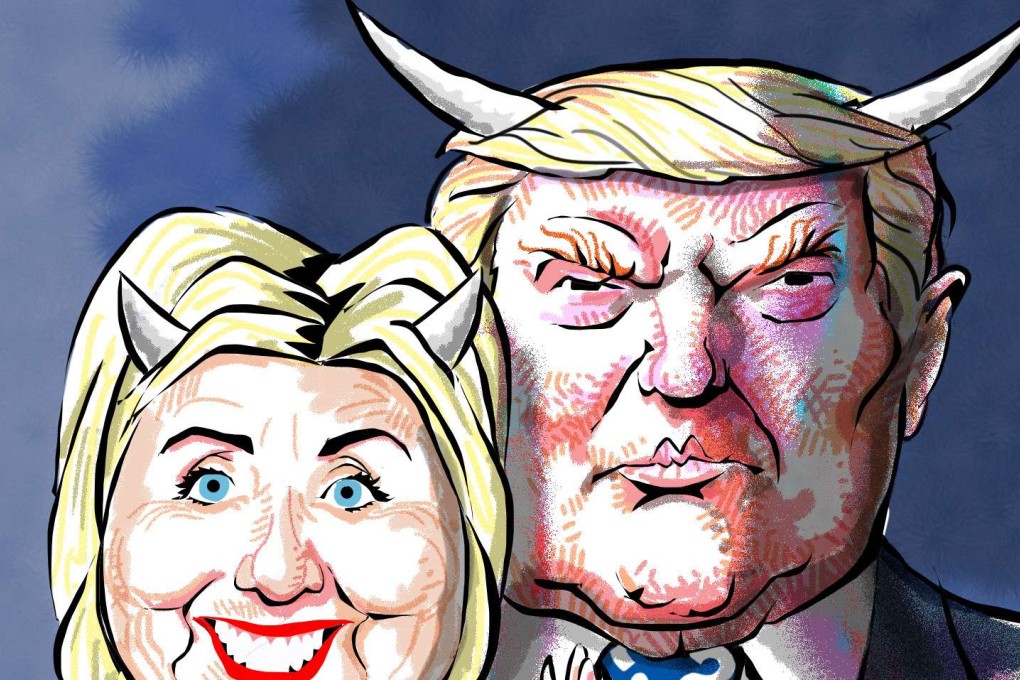For China and the rest of Asia, a Trump presidency is too big an unknown
David Lampton says the need for sober leadership that can keep Asia stable should persuade Beijing that its interests would be best served by a Clinton victory, however unpalatable it may seem


Barring a very large fear-inducing event that will send voters stampeding into Trump’s arms, Clinton is likely to win. Consequently, the probability of having to confront what a Trump victory would mean for Asia and China is not great. A Trump victory is a low-probability, high-impact, event.
What will affect our confidence in the shape of a candidate’s policy were he or she to be elected, conceding that any policies will, in the real world, be moulded by unanticipated events and the imperatives of governance? Among the considerations are past policy actions and declarations, the personnel with whom the candidate surrounds him- or herself, and, the very magnitude of the changes they propose, with bigger changes less likely than smaller ones.

Beijing has a long memory, and almost any Chinese citizen can recall the then first lady’s criticism of the Chinese record on human rights in their own capital at the Fourth World Conference on Women in 1995. Also not forgotten is her challenge to Beijing’s maritime policies at a major international meeting in 2010 in Hanoi. And the centrepiece of Beijing’s indictment of Clinton is that she was the principal promoter of the “pivot” to Asia that the Chinese view as scarcely concealed “containment”.
What relatively little Clinton had to say about China in the first presidential debate last month fit well into the parameters of her past actions, pronouncements and priorities.
